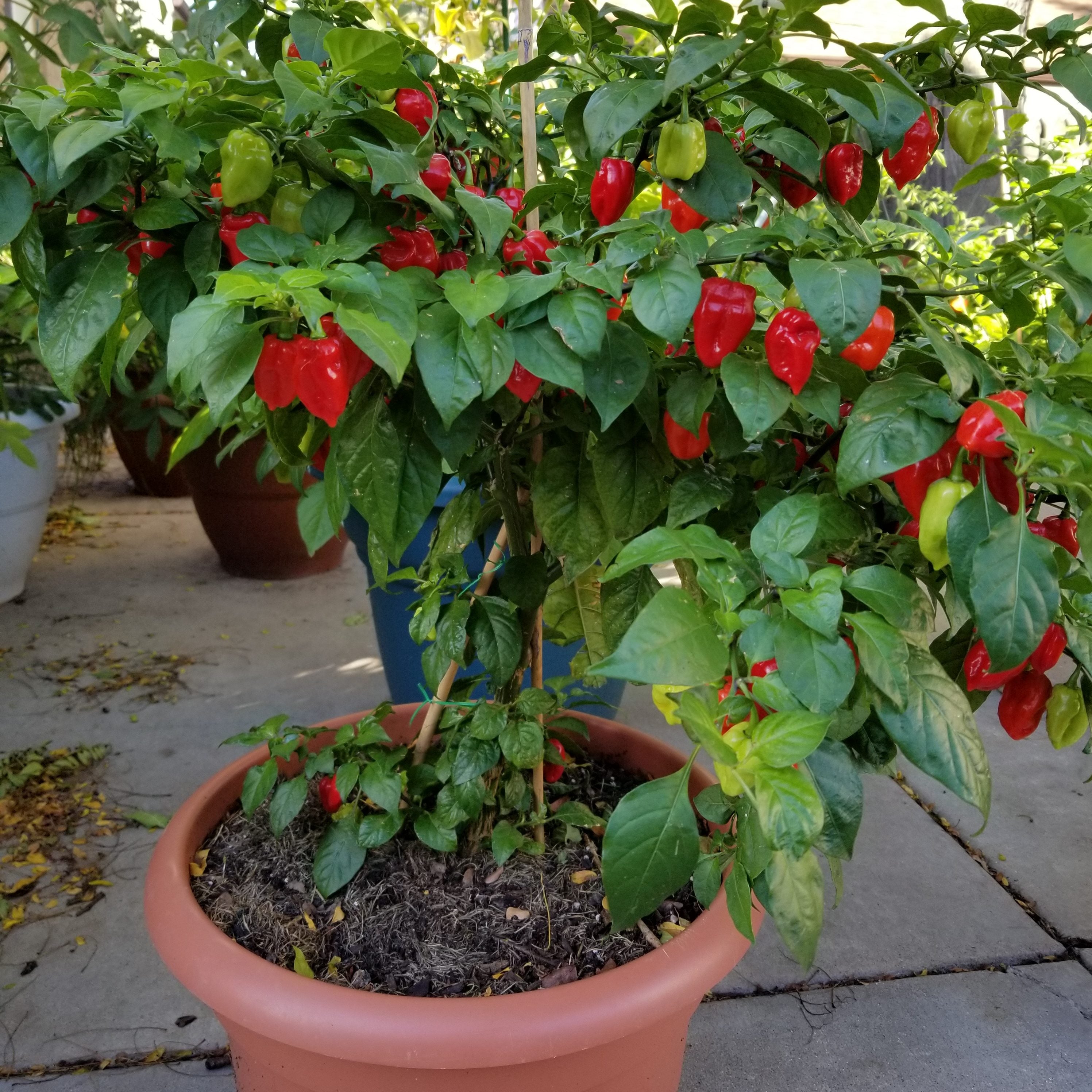Best Fertilizers for Peppers: Boost Development and Taste Naturally
Best Fertilizers for Peppers: Boost Development and Taste Naturally
Blog Article
Organic Vs. Synthetic Fertilizers: Which Is Best for Nurturing Healthy And Balanced Pepper Plants?
In the world of nurturing healthy and balanced pepper plants, the selection in between organic and artificial plant foods stands as a critical choice with far-reaching implications. While both alternatives aim to provide crucial nutrients to sustain plant growth, the subtleties of their influence on the soil, plant health and wellness, and the atmosphere stimulate a debate that mirrors throughout the horticulture community. Recognizing the distinct advantages and potential pitfalls of each fertilizer kind is vital for pepper cultivators seeking to maximize their returns while maintaining an eco-conscious and lasting strategy.
Benefits of Organic Plant Foods
Organic fertilizers supply a lasting and environmentally-friendly approach to beneficial pepper plants, providing crucial nutrients without the usage of artificial chemicals. These natural plant foods are acquired from organic resources such as garden compost, manure, bone dish, and algae, advertising soil health and biodiversity. Unlike synthetic fertilizers, organic options release nutrients slowly, making sure a steady and well balanced supply for pepper plants to prosper.
One considerable benefit of natural plant foods is their capacity to enhance dirt framework and water retention. By boosting soil health, organic plant foods advertise helpful microbial task, which assists in nutrient uptake by pepper plants. Additionally, natural fertilizers decrease the threat of chemical run-off, protecting water sources from air pollution and safeguarding the environment.
Moreover, natural plant foods contribute to long-term soil fertility by advertising the development of beneficial soil organisms. These organisms assist break down natural issue, releasing nutrients in a type that is conveniently accessible to pepper plants. best fertilizers for peppers. By promoting a healthy and balanced dirt ecosystem, organic fertilizers support lasting pepper cultivation methods that profit both plants and the setting
Downsides of Synthetic Plant Foods
Artificial fertilizers, in comparison to their natural counterparts, pose numerous drawbacks when used to nurture pepper plants, affecting both plant health and ecological sustainability. One major drawback of synthetic plant foods is their tendency to seep nutrients from the soil quickly.
In addition, the overuse of synthetic plant foods can add to water pollution. Excess plant foods not absorbed by plants can remove into water bodies, bring about eutrophication, where algae flowers deplete oxygen degrees in the water, harming water life. Additionally, artificial fertilizers are commonly originated from non-renewable resources, such as fossil gas, contributing to carbon discharges and ecological deterioration throughout their production.
Nutrient Absorption Contrast
When comparing artificial and natural fertilizers in terms of nutrient absorption, organic fertilizers have the advantage of offering a much more well balanced and slow-release resource of nutrients. Organic fertilizers include a range of macro and trace elements that are not just valuable for the plants yet also advertise healthy and balanced soil microbial activity, which helps in nutrient uptake.
Furthermore, organic fertilizers boost dirt framework and water retention ability, permitting pepper plants to accessibility nutrients more effectively. This improved soil high quality promotes origin development, enabling better nutrient absorption. Artificial plant foods, although originally improving plant development because of their high nutrient focus, might prevent long-lasting nutrient absorption by degrading dirt wellness over time.
Environmental Influence Factors To Consider

On the various other hand, artificial plant foods, although check my source usually more quickly offered and focused to plants, can have harmful effects on the environment if not applied appropriately (best fertilizers for peppers). Their production calls for high energy inputs, bring about greenhouse gas emissions and adding to climate modification. The overflow of excess artificial fertilizers can pollute water resources, leading to eutrophication and harming water ecological communities.
Best Plant Food Practices for Peppers
To achieve this, it is vital to comply with best fertilizer practices customized to the details demands of pepper plants. One critical technique is to execute a dirt test before applying any type of plant foods.
An additional important method is to fertilize pepper plants at the correct time. Typically, peppers benefit from getting plant food at planting and after that again when they begin to flower. Over-fertilizing can result in vitamins and mineral imbalances and harm the plants, so it visit our website is important to comply with advised application prices.
In addition, choosing a balanced fertilizer with an NPK ratio that suits pepper plants' requirements is fundamental. Organic fertilizers, such as compost or manure, can be outstanding selections as they release nutrients gradually and enhance dirt framework gradually. Artificial plant foods can supply a fast nutrient boost when needed. Eventually, combining artificial and natural plant foods judiciously can assist nurture healthy and balanced pepper plants while minimizing environmental impact.
Final Thought

Organic fertilizers provide an environmentally-friendly and lasting approach to nourishing pepper plants, supplying crucial nutrients without the use of synthetic chemicals. Unlike artificial fertilizers, organic alternatives release nutrients slowly, making sure a balanced and consistent supply for pepper plants to grow.
Artificial fertilizers, in contrast to their organic counterparts, position numerous downsides when utilized to nurture pepper plants, influencing both plant wellness and ecological sustainability. When contrasting natural and artificial fertilizers in terms of nutrient absorption, organic fertilizers have the advantage of supplying a much more well balanced and slow-release resource of nutrients.Moreover, organic plant foods enhance dirt structure and water retention capability, permitting pepper plants to accessibility nutrients extra successfully.
Report this page